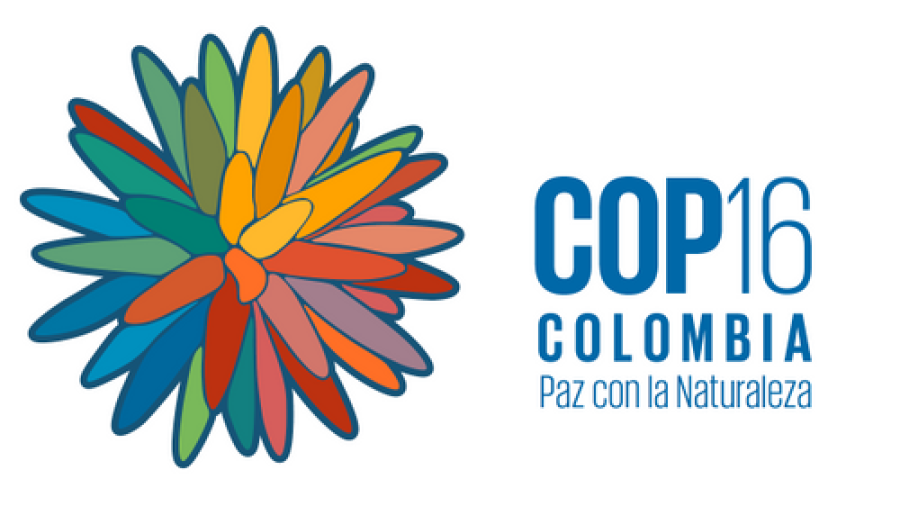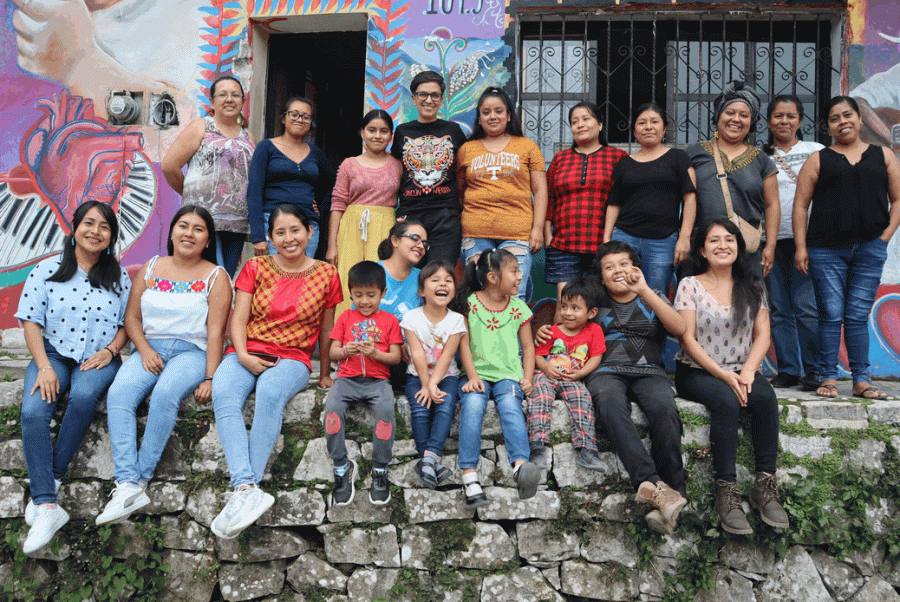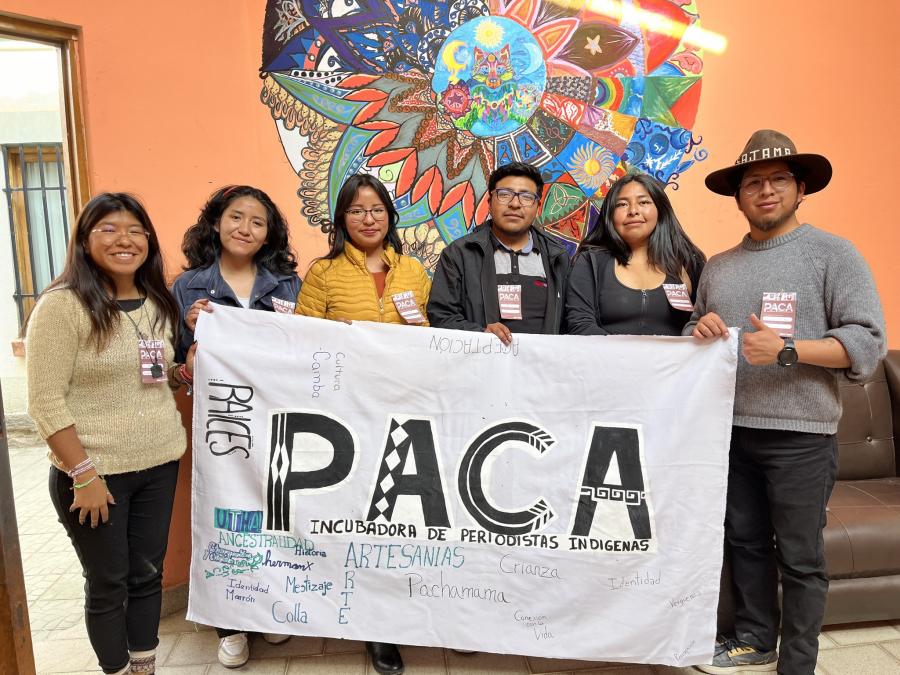Tomorrow December 13, 2022, is the official launch of the International Decade of Indigenous Languages 2022-2023 in Paris, organized by UNESCO. Today, December 12, 2022, UNESCO hosted the Global Taskforce Meeting for the International Decade of Indigenous Languages. Participants in this event include members of the UN agencies such as UNDESA, UNESCO, OACHNUD, as well as representatives of governments working in the field of language and Indigenous leaders, both in government positions and activists.
The official launching of the decade comes with the mandate of having a global call for action and raising awareness about the critical loss of Indigenous languages and the urgent need to preserve, revitalize, and promote Indigenous languages and adopt urgent measures at national and international levels.
The meeting commenced with a beautiful Inuit fire ceremony by Lina Ivik (Iqaluit) from Nunavut, Canada. Then, several interventions from language initiatives and policy change were presented from Indigenous perspectives, and from States. The government of Paraguay officially recognized Guarani, an Indigenous language, as the second language in the country. The Guarani Peoples are one of 19 Indigenous Peoples in the country who represent 2 percent of the general population. H.E. Nancy Ovelar de Gorostiaga, Ambassador, and Permanent Delegate of Paraguay to UNESCO mentioned that “we need to have commitments from Indigenous Peoples to speak their language and the State has a duty to support them.”
Lina Ivik (Iqaluit) from Nunavut, Canada.
Rawinia Higgins, Professor, Māori Language Commissioner, Te Taura Whiri i te Reo Māori, Māori Language Commission of New Zealand shared how fifty years ago, Māor Peoples petitioned the change of legislation to be able to speak their language in school. Twenty-five years later, in 1987, they succeeded in having their language officially recognized. This change in legislation does not come naturally from the State governments but is a result of Indigenous activism. To finalize, Higgins reminded world leaders that “it takes one generation to lose a language, and three generations to recover a language.”
Belkacem Lounes, Representative of the African Indigenous Peoples Network (AIPN) mentioned that Indigenous languages in Africa are very vulnerable, especially because there is no legislation to support Indigenous languages. As a network, AIPN met in Morroco last month to draft an action plan which includes legal protection, generalization of Indigenous languages, and financial resources for language preservation. Fredy Condo, an expert member of the UN Permanent Forum on Indigenous Languages (UNFPII) said that it is a nice plan but it is not worthwhile if this plan does not trickle down to communities. He also emphasized that it is important to establish an Indigenous observatory of the results of this plan led by Indigenous Peoples.
Antonina Agreda, Indigenous Languages Advisor, Department of Populations, Ministry of Culture in Colombia mentioned that they already created a self-determined plan related to Indigenous languages and have had 16 dialogues to think together about how to implement the plan locally. The Colombian experience shows community engagement at the local level which is recommended to learn about this plan and how to ensure communities are engaged.
In general, most participants congratulated UNESCO for their efforts in the International Decade of Indigenous languages but also pushed for more Indigenous representation; the establishment an independent monitoring body to track the outcomes and activities of the Decade plan; for the need to secure financial resources from governments; and for the coordination of international cooperation to support language initiatives.
Cultural Survival is a nonprofit organization that supports community-led language initiatives through the Keepers of the Earth Fund, the Indigenous Community Media Fund, Youth Fellowships, and community-to-community exchanges on language teaching methodologies.



